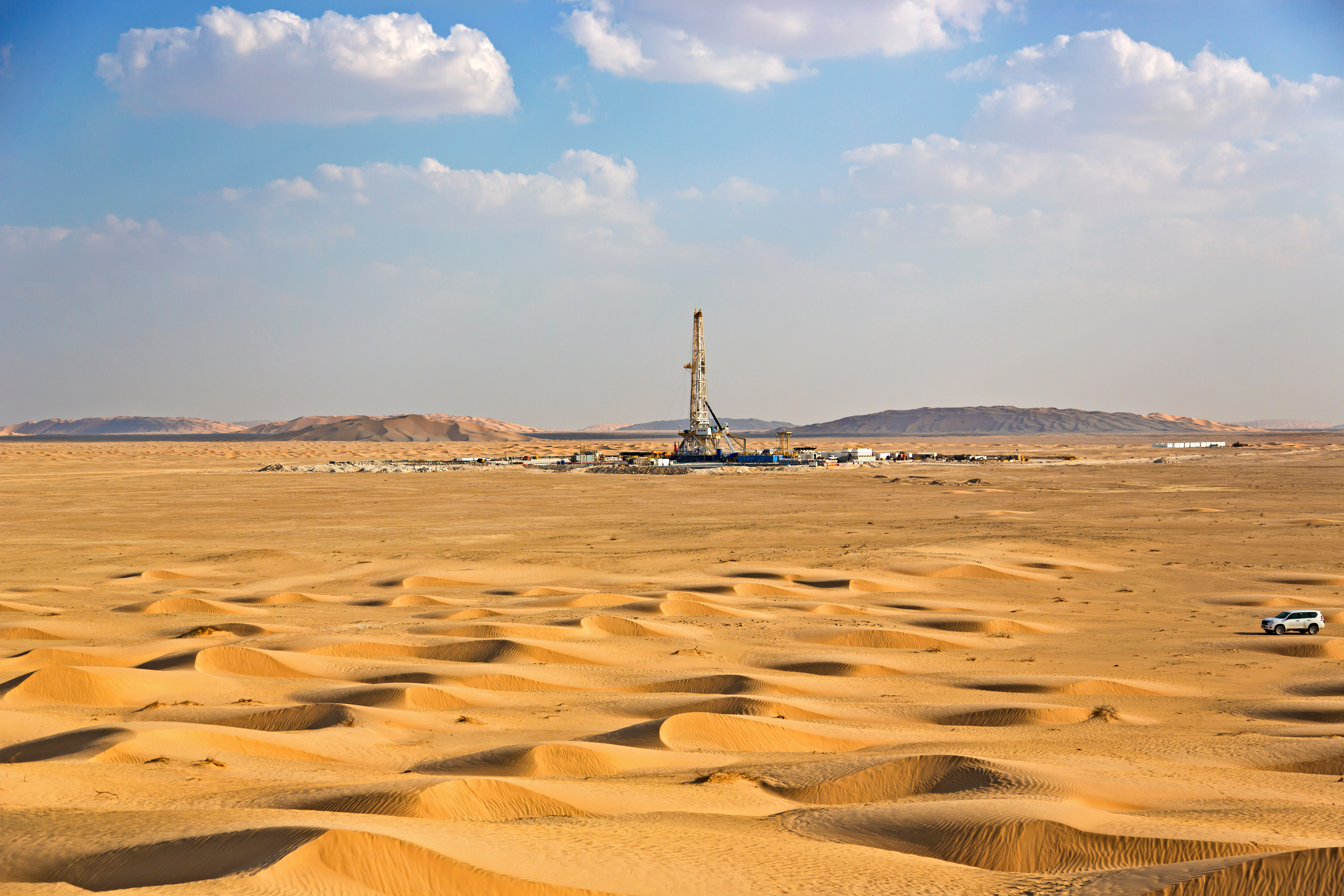Main missions
The Head of Well Site is responsible for coordinating and managing drilling site operations. This includes overseeing operational teams, planning drilling activities, maintaining equipment, and ensuring compliance with safety regulations. They are also tasked with optimizing processes to improve operational efficiency while maintaining high standards of safety and quality.
Job activities
-
Supervising Operational Teams: Leading teams working at the drilling site, coordinating their tasks, and ensuring effective communication.
-
Drilling Operations Planning: Developing detailed plans for drilling activities, determining required resources, key steps, and timelines.
-
Equipment Maintenance: Ensuring all equipment used on-site is maintained and operating optimally.
-
Budget Management: Monitoring and controlling expenses related to drilling operations in line with the allocated budget.
-
Regulatory Compliance: Ensuring compliance with industry-defined safety regulations and standards set by authorities.
-
Risk Management: Identifying and mitigating potential risks associated with drilling operations.
-
Reporting and Documentation: Maintaining accurate records of activities, preparing detailed reports, and documenting procedures.
-
Continuous Improvement: Proposing solutions to enhance operational processes and ensure improved efficiency.
Required skills
A Head of Well Site in the oil and gas sector must have the following skills:
-
Excellent leadership and team management abilities.
-
In-depth knowledge of drilling operations.
-
Planning and organizational skills.
-
Strong budget management capabilities.
-
Ability to make quick and informed decisions in emergency situations.
Other Operations & Production Jobs
-

Drilling Superintendent – Oil and Gas
A Drilling Superintendent in the oil and gas industry plays a critical role in ensuring the success, safety, and efficiency of drilling operations. They combine technical expertise, leadership skills, and regulatory knowledge to manage drilling projects from conception to completion.
-

Operations Manager – Nuclear Energy Jobs
The Operations Manager in the nuclear energy sector is responsible for managing and overseeing all operations of nuclear facilities. He/She ensures the efficiency, safety, and regulatory compliance of operations, ensuring the smooth functioning of nuclear power plants.
-

Radioprotection Engineer – Nuclear Energy Jobs
The Radioprotection Engineer in the nuclear energy sector is responsible for ensuring the protection of workers, the public, and the environment from the harmful effects of ionizing radiation. He/She ensures compliance with radioprotection standards and oversees the implementation of prevention and control measures for radiological risks.
-

Outage Maintenance Power Generation Engineer – Nuclear Energy Jobs
The Outage Maintenance Power Generation Engineer in the nuclear energy sector is responsible for planning, coordinating, and supervising maintenance activities during scheduled outages of nuclear power plants. He/She ensures that the power generation equipment is maintained in optimal working condition while adhering to safety standards and regulatory requirements.
-

Logistics Supervisor – Nuclear Energy Jobs
The Logistics Supervisor in the nuclear energy sector is responsible for managing and coordinating logistical activities to ensure the availability and efficient distribution of materials, equipment, and supplies necessary for the smooth operation of nuclear power plants. He/She ensures that logistical operations comply with safety standards and regulatory requirements.


